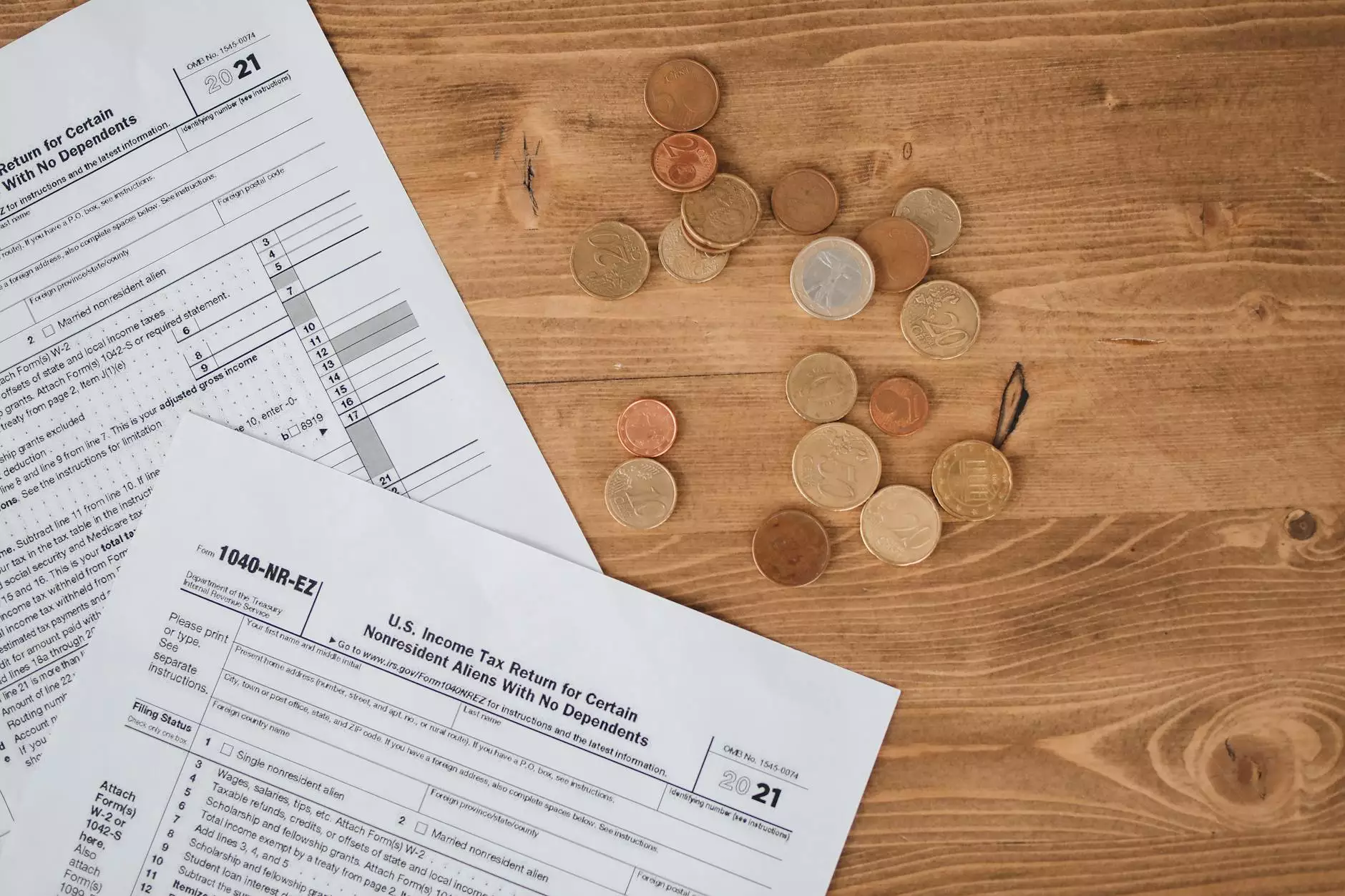Start Mobile App Development: Your Ultimate Guide to Success

In today's digital era, the demand for mobile applications has skyrocketed, making it a fantastic opportunity for businesses and entrepreneurs. If you're looking to start mobile app development, you've come to the right place. This guide provides a comprehensive overview of everything you need to know to kickstart your journey in app development.
Understanding the Importance of Mobile App Development
Mobile apps have become an integral part of our daily lives. With billions of mobile users worldwide, businesses are leveraging this trend to reach their audiences directly. Here are a few compelling reasons why you should consider starting mobile app development:
- Increased Customer Engagement: Mobile apps provide a more personalized user experience and facilitate better customer interaction, leading to higher engagement rates.
- Quick and Convenient Service: Apps streamline processes and make it easier for customers to access services on the go.
- Brand Recognition: Having a mobile app boosts your brand's visibility and recognition in a competitive market.
Key Steps to Start Mobile App Development
1. Define Your App Idea
The first step in starting mobile app development is to clearly define your app idea. Consider the following questions:
- What problem does your app solve?
- Who is your target audience?
- What makes your app unique compared to existing solutions?
A well-defined idea is the backbone of any successful app.
2. Conduct Market Research
Before diving into development, it's crucial to conduct thorough market research. Analyze your competitors and identify trends in the app market. This helps you understand:
- The features users expect from apps in your category.
- The monetization strategies that work best.
- Potential challenges you'll face in the market.
With this knowledge, you can refine your concept to better fit market needs.
3. Create a Prototype
Creating a prototype allows you to visualize your app's functionality. This step involves designing the app interface and user experience, which you can achieve through tools like:
- Adobe XD
- Figma
- Sketch
A prototype not only serves as a developmental roadmap but also acts as a powerful tool to gather feedback from potential users.
4. Choose the Right Technology Stack
To start mobile app development effectively, you need to choose a suitable technology stack. Decide whether your app will be:
- Native: Developed specifically for one platform (iOS or Android) using platform-specific languages.
- Cross-Platform: Developed for multiple platforms using frameworks like React Native or Flutter.
Your choice affects the app's performance, user experience, and overall functionality.
5. Development Process
The development phase is where your prototype transforms into a functional application. Here's a breakdown of this phase:
- Front-end Development: Focus on the user interface and user experience of the app.
- Back-end Development: Build the server-side applications, databases, and application program interfaces (APIs).
Collaboration between front-end and back-end developers is vital to ensure a seamless experience for users.
6. Quality Assurance and Testing
No app is complete without rigorous testing. Quality assurance (QA) ensures that your app is functional, user-friendly, and free of bugs. Testing should cover:
- Usability Testing
- Functional Testing
- Performance Testing
- Security Testing
Early testing helps you identify issues before your app goes live.
7. Launch Your App
After thorough testing and adjustments, it’s time to launch your app. Here are some essential steps:
- Prepare your app listing for the App Store and Google Play Store.
- Create a marketing strategy to promote your app effectively.
- Collect user feedback for future improvements.
A successful launch lays the groundwork for your app's long-term success.
Post-Launch Strategies for Growth
1. Gather User Feedback
Once your app is live, actively seek user feedback. Surveys and app reviews can provide invaluable insights into user satisfaction and possible areas of improvement. Use this feedback to:
- Fix bugs and issues.
- Enhance existing features.
- Add new functionalities that users request.
2. Monitor App Performance
Utilize analytics tools to track user interactions and app performance. Key performance indicators (KPIs) to monitor include:
- Daily Active Users (DAU)
- Retention Rates
- User Lifetime Value (LTV)
Monitoring these metrics helps in adjusting strategies to enhance user engagement.
3. Implement Marketing Strategies
Marketing your app is crucial for attracting and retaining users. Consider the following strategies:
- Search Engine Optimization (SEO): Optimize your app store listing with relevant keywords to enhance visibility.
- Social Media Marketing: Promote your app on platforms like Instagram, Facebook, and Twitter.
- Email Marketing: Send newsletters and updates to engage your user base.
4. Monetization Strategies
To achieve financial success with your app, consider various monetization methods, such as:
- In-App Purchases: Offer premium features or content that users can buy.
- Subscription Models: Charge users a recurring fee for access to your app.
- Ads: Incorporate ads within the app or partner with ad networks.
Conclusion
Starting mobile app development is a rewarding endeavor that requires careful planning, execution, and ongoing improvements. By following this step-by-step guide, you can lay a solid foundation for your mobile app that meets user needs and stands out in the market.
Embrace the opportunity to reach millions of users around the globe with your innovative mobile app. With dedication, the right strategy, and continual learning, you can succeed in the competitive world of mobile applications. Remember, the key to thriving in this landscape is a blend of creativity, technological expertise, and a deep understanding of your target market.
Now that you're equipped with the essential knowledge, it's time to take the leap and start mobile app development. The possibilities are endless, and your success story is just a project away!



